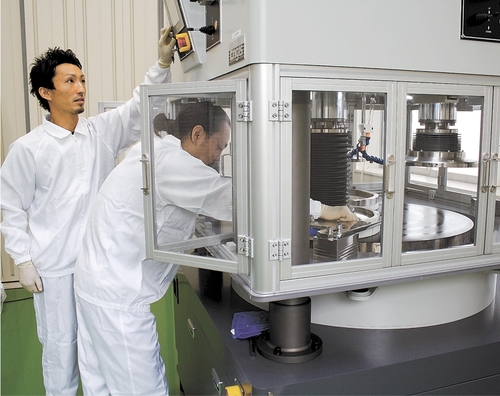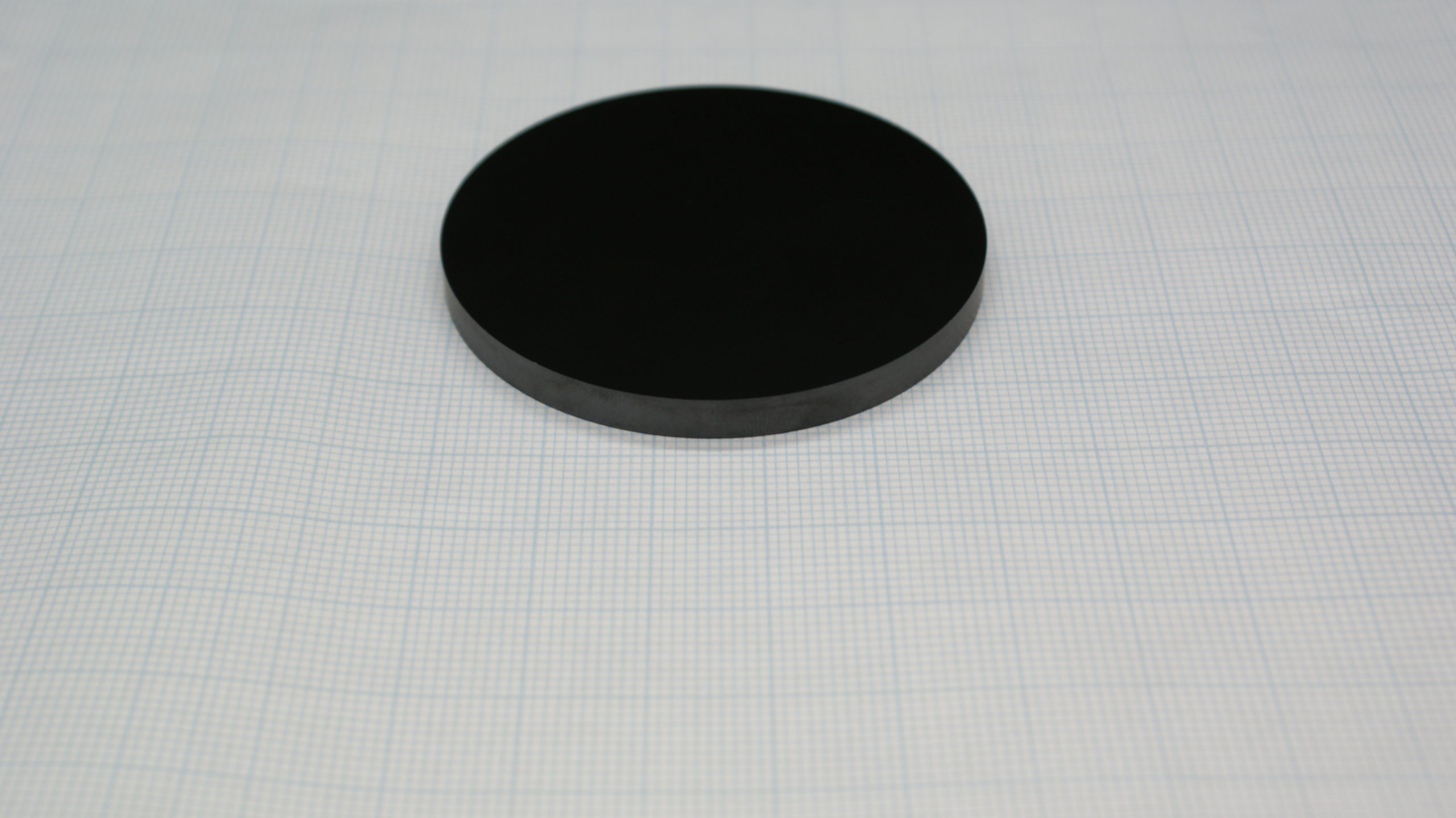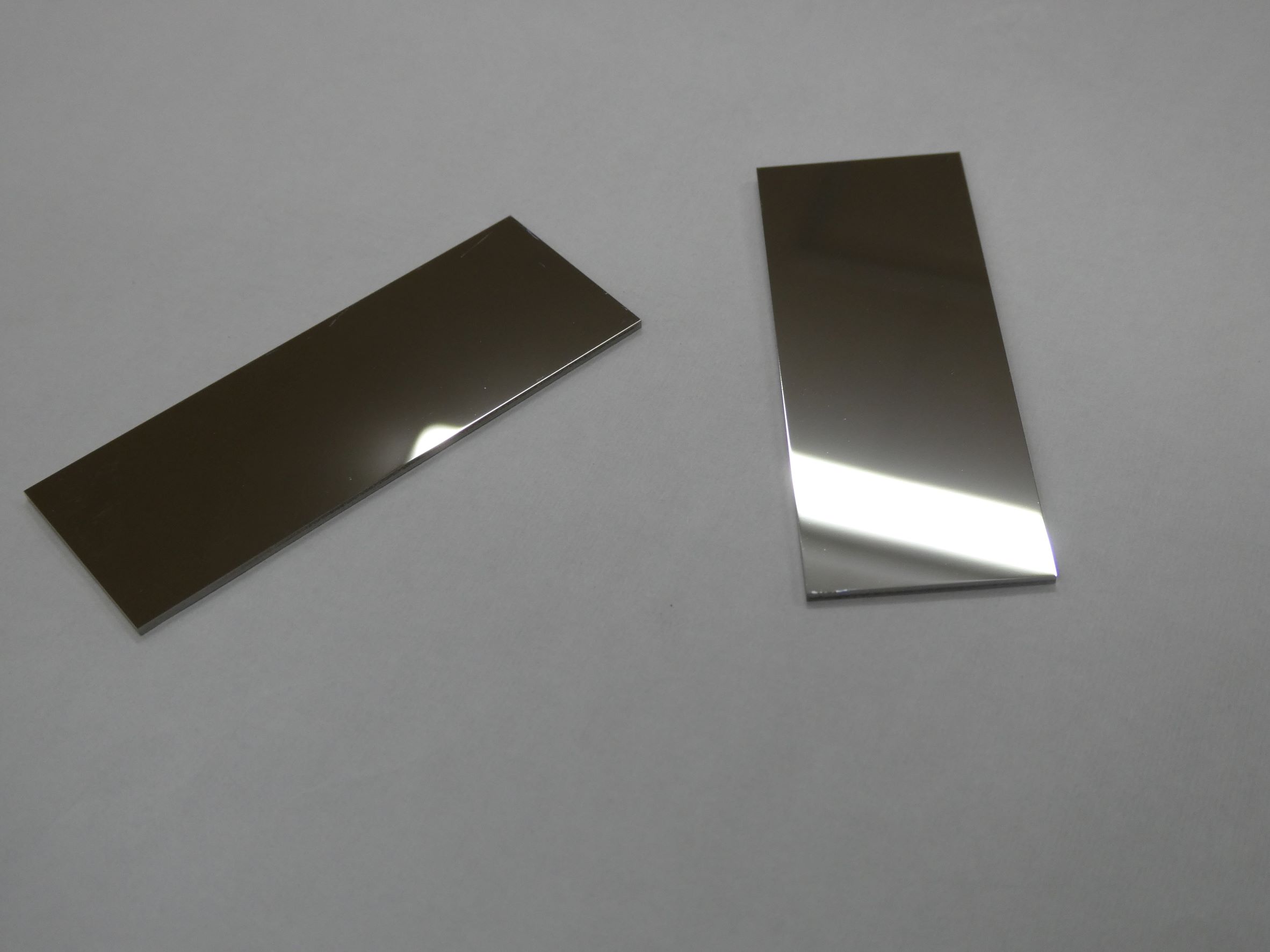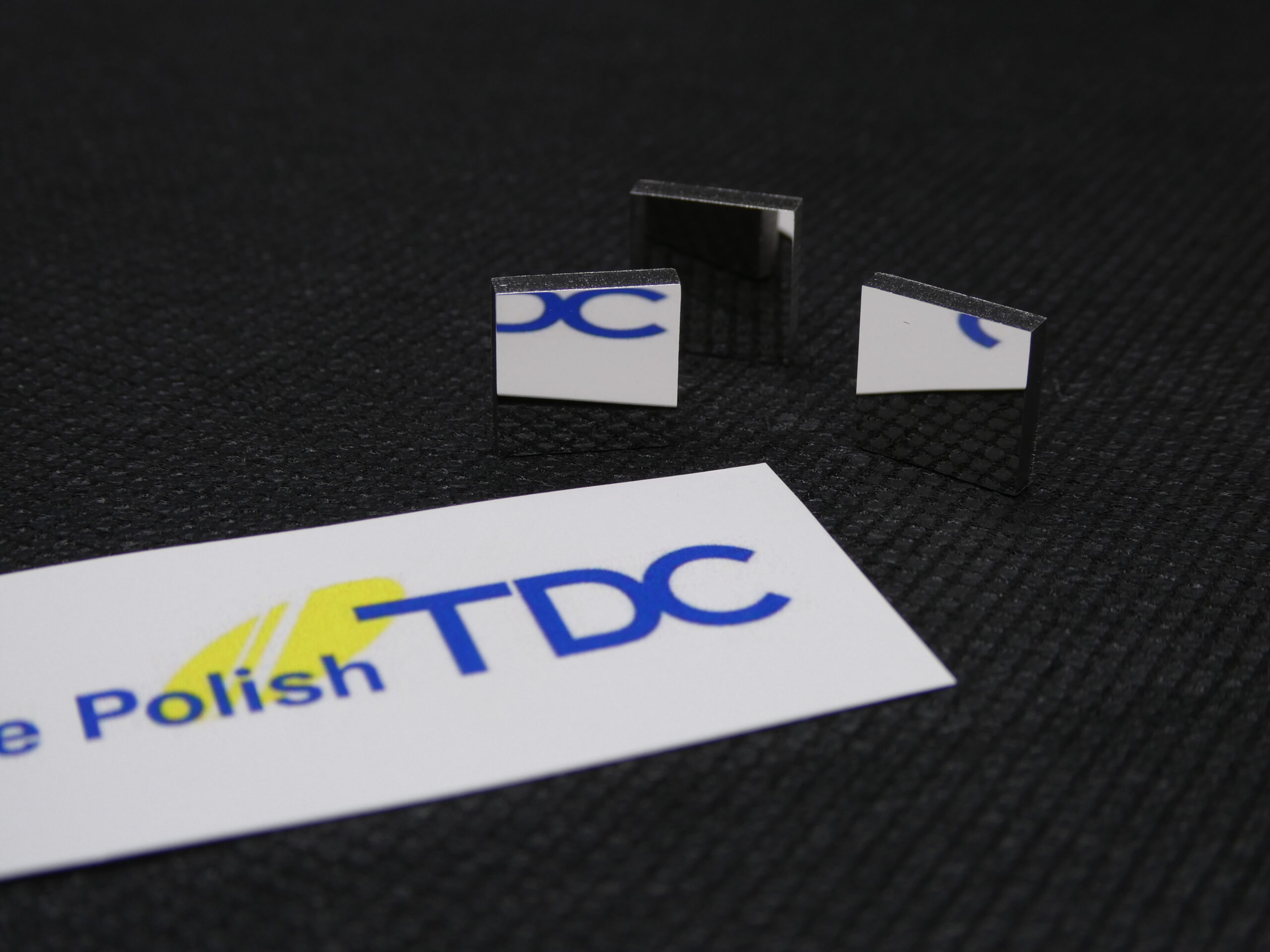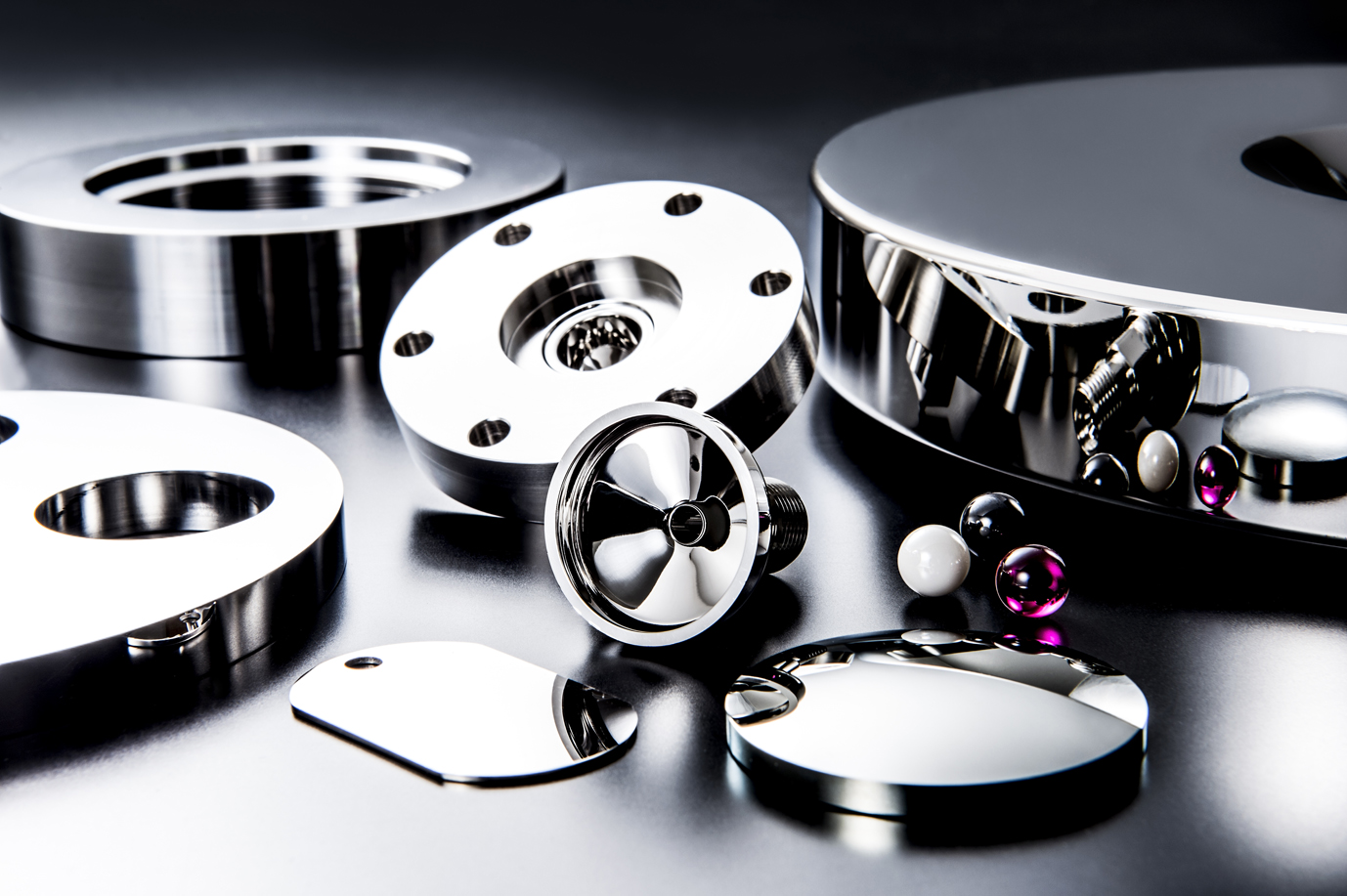
インコネルとは?| 基礎情報・特徴の解説と加工事例
このページでは、加工材料のひとつであるインコネルの特徴や用途、TDCにおけるハステロイの加工事例について解説をします。
Contents
インコネルとは
インコネル(INCONEL®)とは、Special Metals社(旧International Nickel社)の商標であるニッケル合金の一種です。添加物はクロム・鉄・ニオブ・モリブデンなどが採用されています。添加物の成分量により、インコネル600(Alloy600)・インコネル625(Alloy625)・インコネル718(Alloy718)などの種類に分類されます。
インコネルの特徴・特性・性質
主にインコネルは、耐熱性・耐食性・耐酸化性・クリープ強度に優れているほか、熱伝導率が低く高温度下でも高い強度を維持できるのが特徴です。
耐熱性に関しては、ステンレスが約500℃まで強度を維持できるのに対して、インコネルは約700℃の温度下でも高い強度を維持できます。
しかしインコネルは、機械加工の際にも高い強度を発揮するため、工具が摩耗しやすくなる点には注意が必要です。また、機械加工で発生した熱が冷めにくく、熱で工具がダメージを受けてしまう場合もあることから、難削材として扱われています。
難削材について詳しく知りたい方は、以下の記事をチェックしてみてください。
インコネルの種類・用途
インコネルは、ニッケルを主成分とした合金ですが、モリブデンやニオブなどの成分の違いにより、さまざまな種類に分けられています。ここでは代表的なインコネルの種類の成分や特徴、用途をご紹介します。 インコネル600(Alloy600)は、ニッケルの含有量が多く、高純水およびアルカリに対する耐食性が良好なほか、塩化物イオンによる応力腐食割れに強い特徴があります。また、高温下での酸化耐性も良好です。 インコネル600は、化学エンジニアリング装置や加熱部品など、腐食や熱の耐性が求められる用途で活用されています。 ※表内の数値は参考基準値 インコネル625(Alloy625)は、クロム・モリブデン・ニオブなどを多く含有しており、広範囲の腐食環境下に対して優れた耐性を発揮します。また、インコネルのなかでも比較的溶接性に優れているのも特徴です。 インコネル625は、孔食や隙間腐食がなく、引張強度にも優れていることから、化学や海水エンジニアリングの用途で多く活用されています。 ※表内の数値は参考基準値 インコネル718は、多くのモリブデンとニオブ、また少量のアルミニウムとチタンを含有しており、およそ-250℃から700℃までの温度下で高い強度や耐食性を発揮します。また、引張強度・疲労強度・クリープ強度・破断強度に優れているのも特徴です。 用途は、ガスタービンエンジンなどの航空機部品、ケーシング・高力ボルト・スプリングなどの部品が挙げられます。 ※表内の数値は参考基準値 ハステロイ(HASTELLOY®)は、HAYNES International社の商標であるニッケル合金の一種です。ハステロイは、インコネルと同じく優れた耐食性や耐熱性を有しているほか、難削材として扱われている点も共通しています。 しかし、インコネルとハステロイでは、特化している性質について違いがあります。 インコネルは、高温度下でも高強度を維持できますが、ハステロイはインコネルに比べて高強度を維持できません。一方で腐食を避けたい用途については、より耐食性に優れたハステロイを採用するのが適しています。 ただし、なかには耐食性を向上したインコネルや、耐熱性を向上したハステロイも流通しているため、材料を選定する際は専門の業者に相談してみましょう。 ハステロイの詳細について知りたい方は、以下の記事もご覧ください。 TDCにおけるインコネルの研磨加工事例をご紹介します。 その他材質についての面粗さ実績は、下記ページに掲載しております。 ティ・ディ・シーではインコネルにおいて様々な仕様で部品の製作を承っております。仕様に応じて材料調達も可能でございます。 インコネルは、クロム・鉄・ニオブ・モリブデンなどを含むニッケル合金で、耐熱性・耐食性・耐酸化性に優れた材料です。しかし難削材であることから、精度よく機械加工するには高い技術やノウハウが求められます。 TDCでは、材質に応じた加工ノウハウと、これまで蓄積された研磨・研削・切削加工技術により、あらゆる材質や精度に対応が可能です。 他社で断られたインコネルの加工案件も、ぜひ一度TDCにご相談ください。
Related page
(参照元:Special Metals社)インコネル600(Alloy600)
組成 Ni Cr Fe C Mn S Si Cu 72.0min 14.0-17.0 6.0-10.0 0.15max 1.00max 0.015max 0.50max 0.50max インコネル625(Alloy625)
組成 Ni Cr Fe Mo Nb+Ta C Mn Si 58.0min 20.0-23.0 5.0max 8.0-10.0 3.15-4.15 0.10max 0.50max 0.50max 組成 P S Al Ti Co 0.015max 0.015max 0.40max 0.40max 1.0max インコネル718(Alloy718)
組成 Ni Cr Fe Mo Nb+Ta C Mn Si 50.0-55.0 17.0-21.0 Balance 2.80-3.30 4.75-5.50 0.08 max 0.35 max 0.35 max 組成 P S Al Ti Co B Cu 0.015max 0.015max 0.20-0.80 0.65-1.15 1.0max 0.006max 0.30max インコネルとハステロイの違い
それぞれの違いは、以下の通りです。
TDCにおけるインコネルの加工事例
※機密保持契約の関係でご紹介できない案件も多くありますので、加工可否についてはお気軽にご相談を頂ければ幸いです。
あわせてご覧ください。
>>TDCの表面粗さ・面粗度実績インコネルの研磨加工事例①:「インコネル718基板の鏡面仕上げ 」
インコネルの研磨加工事例②:「各種 高精度部品や試験片の製作」
インコネルの研磨はTDCまでご相談ください
- インコネルとは?| 基礎情報・特徴の解説と加工事例
- 難削材とは? | 基礎知識と種類についての解説
- What is gallium nitride (GaN)? | Basic information/explanation of features and processing examples
- What is Vespel? | Vespel features and processing examples
- What is Tungsten? | Tungsten characteristics and processing examples
- Nickel
- Tantalum
- Glassy carbon (glassy carbon)
- Plate thickness and material of stainless steel plate (SUS)
- Coefficient of linear expansion
- Invar/Super Invar
- Niobium
- Hastelloy
- Engineering Plastic


